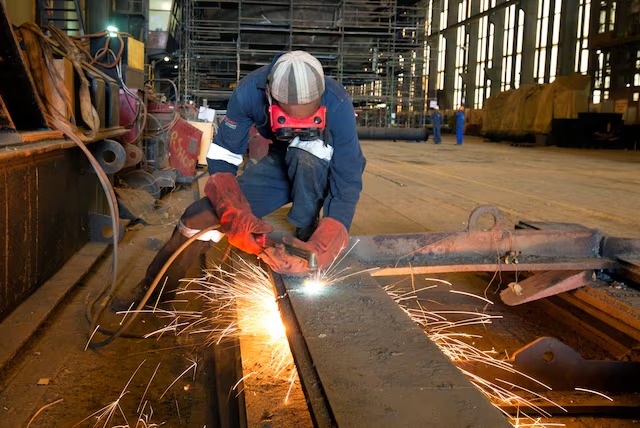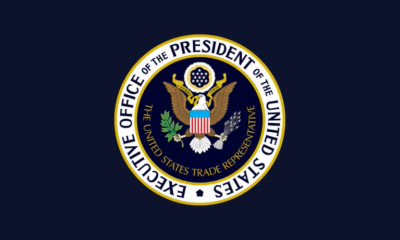Business
South Africa Steel Import Duties: ITAC Recommends Tariffs to Protect Local Industry

Steel has always been at the heart of South Africa’s industrial backbone, from the mines that dig the raw ore to the factories that shape it into the beams holding up our cities. But in recent years, the sector has been under immense pressure, and now the government is considering drastic measures to keep it alive.
Why Steel Matters in South Africa
Steel isn’t just another commodity. It’s tied to construction, mining equipment, automotive manufacturing, and countless small businesses across the country. For decades, companies like ArcelorMittal South Africa have provided both jobs and supply for the economy.
But now, imported steel, much of it from China is flooding the market, often at prices local producers simply can’t match. Imports make up about 35% of South Africa’s total consumption, raising concerns about the long-term survival of the local steel industry.
The stakes are high: if the sector collapses, thousands of jobs could be lost, particularly in industrial hubs like Vanderbijlpark and Newcastle, where steel plants are major employers.
ITAC Steps In
This week, the International Trade Administration Commission (ITAC) released its preliminary findings after a government-ordered review of steel tariffs. Its proposal: introduce import duties starting at 10% to shield domestic producers from cheap imports.
ITAC Chief Commissioner Ayabonga Cawe described the situation as an “unprecedented emergency,” citing global oversupply, weak local demand, and spiraling input costs as key pressures. He pointed out that other regions, including the European Union and the United Kingdom, have already tightened restrictions to prevent dumping, leaving countries like South Africa vulnerable to redirected imports.
What the Rules Say
The recommendation leans on World Trade Organisation (WTO) clauses, Article 19 and Article 21 of the General Agreement on Tariffs and Trade (GATT). These provisions allow member countries to impose safeguards if imports threaten serious harm to domestic producers.
In plain terms: if local businesses are at risk of collapse because imports are too cheap and too plentiful, governments can hit pause on tariff concessions and impose duties.
Jobs, Prices, and Politics
The move is not without controversy. While steel producers welcome the protection, critics warn that duties could push up prices for builders, manufacturers, and ultimately consumers. For a country already grappling with sluggish growth and high unemployment, any rise in construction costs could ripple into housing, infrastructure projects, and even small-scale entrepreneurship.
Public submissions on ITAC’s findings over 150 so far, show just how divided the issue is. Some want higher duties, others call for rebates or special exemptions for certain products. Industry insiders on social media argue that without decisive protection, South Africa risks becoming merely a consumer of other nations’ industrial output, instead of a producer.
A Familiar Global Battle
This isn’t South Africa’s fight alone. Steel tariffs have long been a flashpoint in global trade wars, from Donald Trump’s “America First” tariffs to the EU’s latest restrictions. Every country with a domestic steel industry has faced the same balancing act: protect local jobs or keep input costs low for downstream industries.
For South Africa, with its deep reliance on industrial jobs and ongoing infrastructure needs, the decision may be even more complex.
What Happens Next
ITAC’s findings are not yet final. The trade body is now reviewing public feedback, and a final decision will rest with policymakers in the coming weeks.
For steelworkers on the ground, though, the urgency is real. A factory shutdown doesn’t wait for policy cycles. As one union representative put it in a radio interview this week: “We can’t import jobs. If the plants close, the communities close with them.”
The steel tariff debate cuts to the heart of South Africa’s economic crossroads: do we prioritize immediate affordability, or long-term industrial survival? With thousands of jobs on the line and global markets shifting rapidly, the government’s decision in the coming months could shape the future of one of South Africa’s most important industries.
{Source: SABC News}
Follow Joburg ETC on Facebook, Twitter , TikTok and Instagram
For more News in Johannesburg, visit joburgetc.com



























